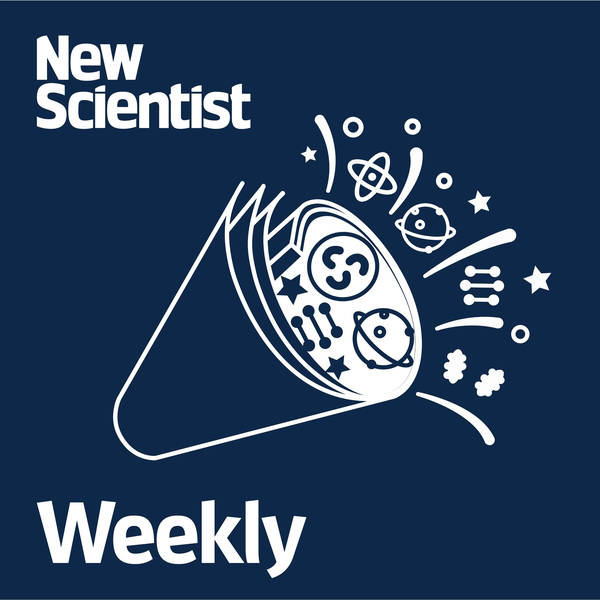
Weekly: India lands on the moon; Placenta cells could heal the heart; Mind-altering drugs and binge drinking on the rise
#212
India is celebrating after successfully - and gently - landing on the Moon. A huge win for the country, which is now only the fourth nation to do so. A look at the country’s next ambitions after a historic touchdown. Plus why Russia’s rival mission ended in disaster, and the future of lunar exploration worldwide.
Cells found in placentas may be able to treat heart attacks. Researchers were first clued into this amazing healing capability after two pregnant women spontaneously recovered from heart failure. What clinical research in mice can tell us so far.
Use of psychedelics and other mind-altering drugs is booming in US adults under 55, with marijuana use breaking records. But why is substance use on the rise, and does this mean people are turning away from alcohol?
Artificial intelligence could help us detect tsunamis earlier, and perhaps help save lives in the process. How ocean disturbances can travel as far as the Earth’s ionosphere, where GPS satellites can detect them.
Plus: How turtle shells can store the historical record of nuclear activity, how dog poo is making the Norwegian tundra greener and how coffee grounds can make concrete almost 30% stronger.
Hosts Christie Taylor and Chelsea Whyte discuss all of this with guests Leah Crane, Alice Klein, Grace Wade and Jeremy Hsu. To read more about these stories, you can subscribe to New Scientist at newscientist.com.
Hosted on Acast. See acast.com/privacy for more information.
